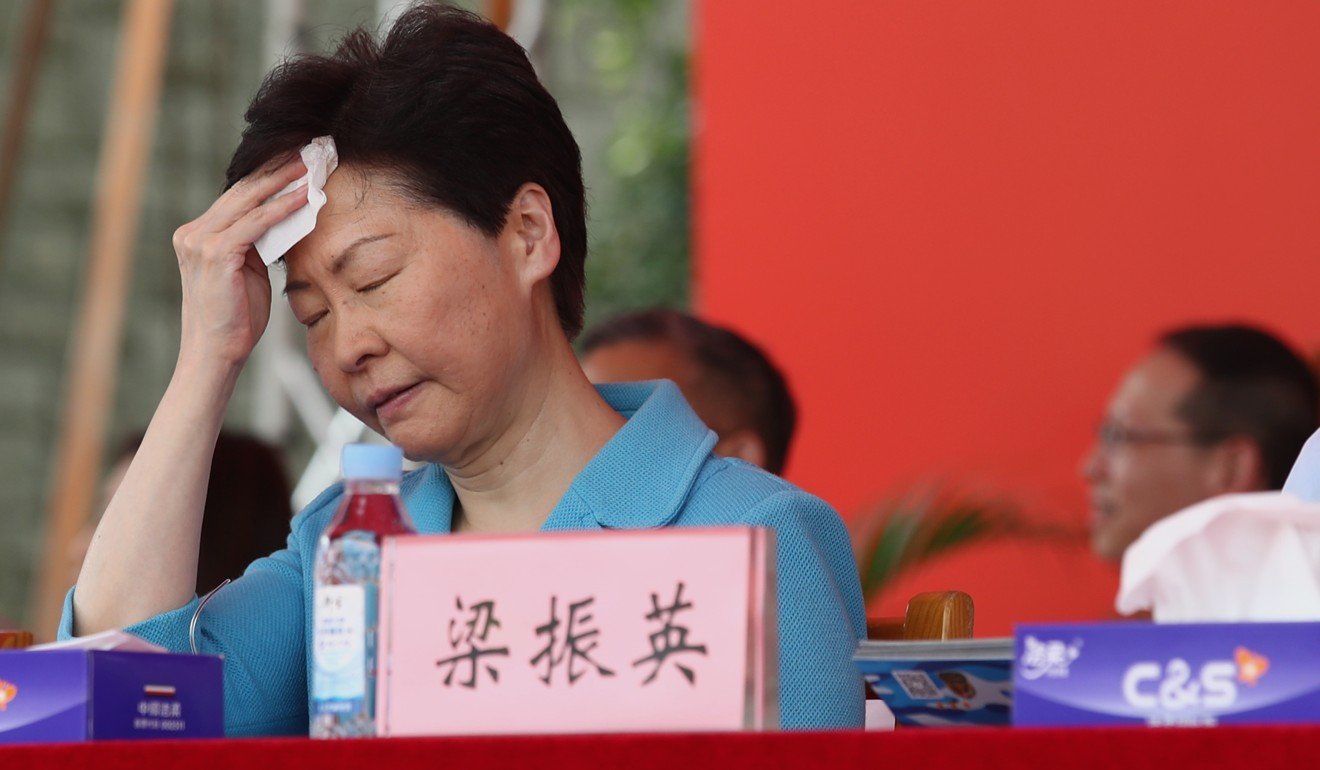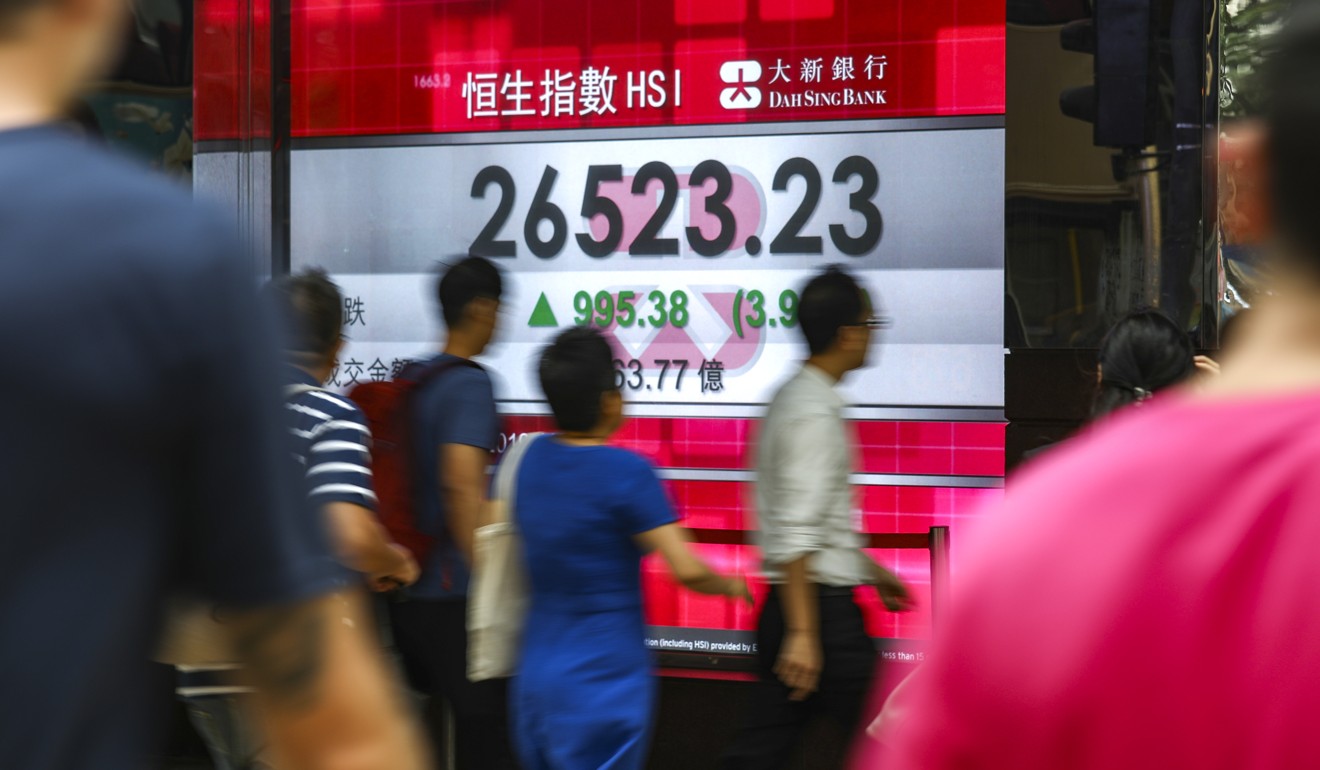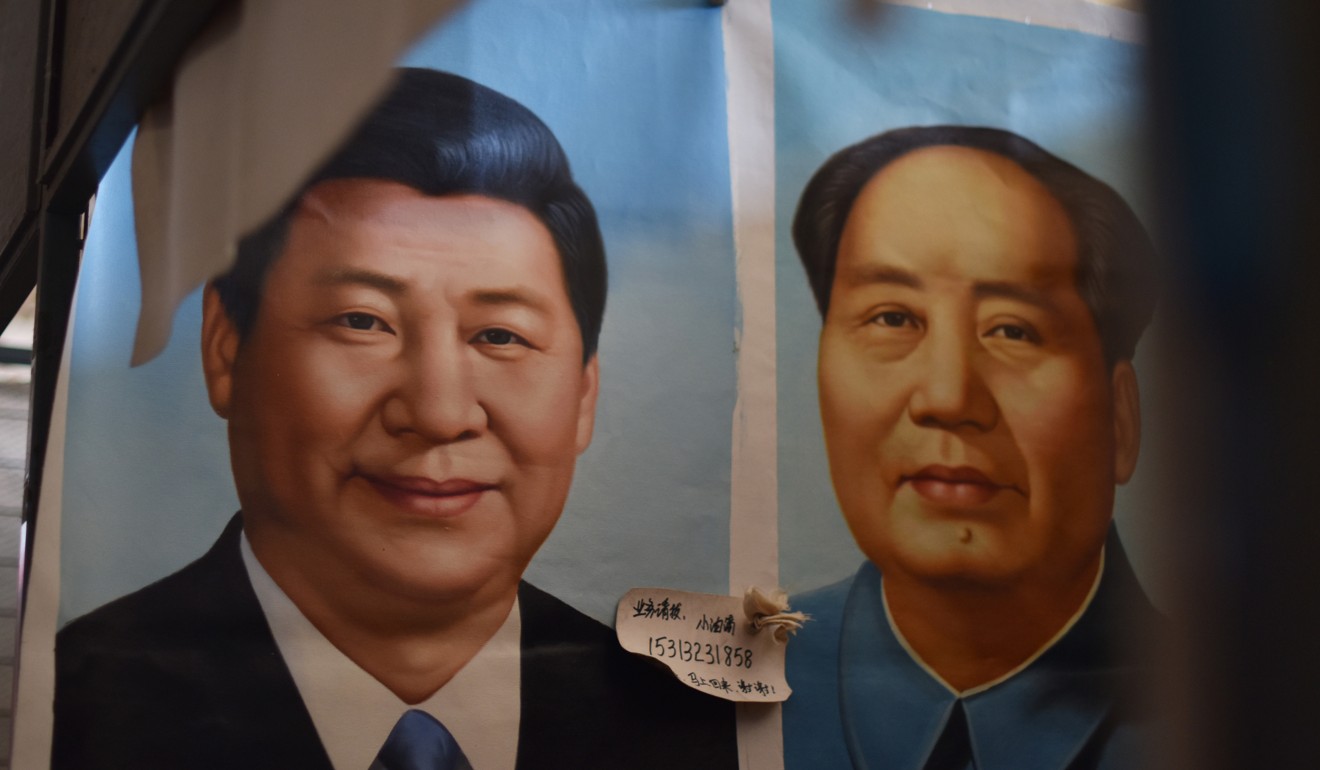
Forget Lam’s extradition U-turn, Xi’s channelling of Mao shows he’s about to get tough on Hong Kong
- Any optimism that the crisis has been defused is likely to be short-lived
- Protesters may feel emboldened – and if they do, they have misread the mood in Beijing
Indeed, her withdrawal offer would have had a much bigger impact had it come immediately after the protests turned violent in mid-June. But after nearly three months of violent demonstrations, protesters appear to have moved beyond the extradition bill and have since vowed to press on with demonstrations until the rest of their demands are met.
Lam seems to suggest that her peace offering, which also includes beefing up the police watchdog with more independent members to look into the force’s handling of protests, and engaging experts and academics to study and find solutions to deep-rooted economic and social problems, should be enough as a first step in calming the unrest.
But that will probably prove to be wishful thinking.

Interestingly, Lam’s abrupt turn came two days after the leaked audio recording of her remarks in a closed-door meeting became the talk of the town, prompting all sorts of speculation about her intentions and the implications of her speech.
In the recording, Lam can be heard telling a group of businessmen that she blamed herself for igniting Hong Kong’s worst political crisis in decades and saying she would quit if she had the choice, explaining that she has to serve two masters at the same time – the people of Hong Kong and Beijing.
She clearly indicates on the tape that her hands are tied and that political room for manoeuvring is “very, very, very limited”.
So her announcement on Wednesday suggested she must have sought prior permission from the leadership in Beijing, which has repeatedly said the protests were a threat to national sovereignty. Until this point, Chinese state media reports had long suggested that there was little room for compromise.
Apparently, the U-turn is a very sudden – and risky – decision. There had been no sign nor murmurs of the impending announcement even the day before.

On Wednesday, Hong Kong’s main Hang Seng share index rose nearly 4 per cent, an indication that the business community and investors shared Lam’s hopes that her about-face would weaken support for the protests.
But their optimism may well be short-lived. Lam’s concession could embolden protesters to further escalate their actions in an effort to have their remaining demands fulfilled. The other four of their five demands are: a commission of inquiry to investigate the police’s handling of the protests; an amnesty for those arrested; an end to the government’s characterisation of the protest as “riots”; and restarting the city’s electoral reform process.
Lam said on Wednesday her government would not budge on the remaining demands, but, just three months ago, she had said she would not accede to any of the five demands.
Meanwhile, her U-turn has dismayed and angered pro-government lawmakers and supporters who complained they were not consulted in advance and said their credibility had been dented because of their previous open support for Lam to resist all the protesters’ demands.
An even more interesting question is: why did Beijing suddenly agree to allow Lam to make the symbolic move of formally withdrawing the bill after officials and the state media had been taking an increasingly hardline view towards the protesters over the past month, condemning them as “rioters” and warning signs of “terrorism”?
Indeed, many Chinese officials and observers involved in Hong Kong affairs were reportedly caught off guard and were not aware of Lam’s decision until a few hours before she made the announcement on television.
Even on Tuesday, when the Hong Kong and Macau Affairs Office in Beijing gave a press conference, the two spokespeople did not give any hint of a policy change, continuing to urge all government branches and social institutions to fight violent criminals and take ending the violence as the “most pressing task”.
Some observers have speculated that Beijing’s last-minute change of mind could have something to do with the elaborate celebrations, including a massive military parade, planned for the National Day on October 1.
It can hardly be a coincidence that on Thursday the Chinese state media reported that Chinese Vice-Premier Liu He and other Chinese officials had spoken over the phone with US Trade Representative Robert Lighthizer and Treasury Secretary Steven Mnuchin.
They have agreed to resume trade talks in Washington in early October. The resumption will most likely ensure that there will not be any immediate bad news about the trade talks from Washington to mar the National Day celebrations.
Even so, officials in Beijing could well be disappointed as Hong Kong protesters are most likely to come out in force in the run-up to, and on, National Day to press their remaining demands.

In the nine-minute speech, Xi used the word “struggle” nearly 60 times, eerily evoking an era that many had assumed was long gone. “Struggle” was the buzzword used so often in the speeches of Mao Zedong and features in one of his most famous, and often quoted, sayings: “I feel boundless joy in struggling with heaven, earth and people”.
If nothing else, Xi’s speech signals a toughening stance towards Hong Kong despite the decision to withdraw the extradition bill. ■
Wang Xiangwei is the former editor-in-chief of the South China Morning Post. He is now based in Beijing as editorial adviser to the paper

